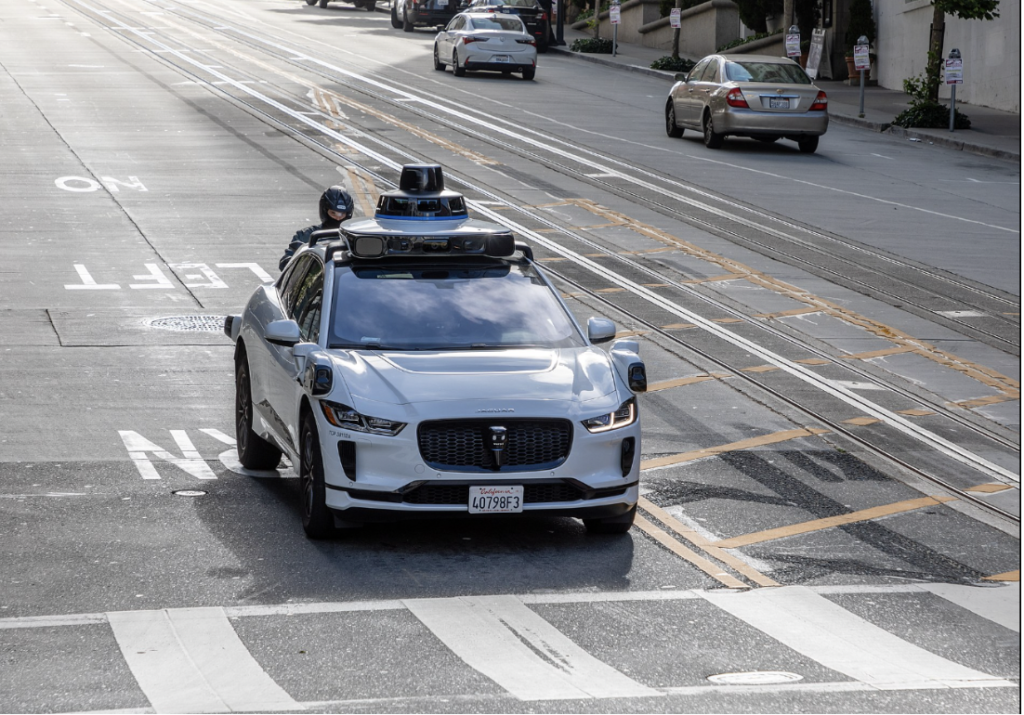When Uber and Lyft “disrupted” the taxi industry, and when Airbnb “disrupted” the hotel world and the city’s residential neighborhoods, damaging or destroying many lives in the process, official San Francisco looked the other way.
Some people liked the cheap phone-based rides (subsidized by venture capital). Some property owners liked the ability to (illegally) rent out rooms, or their entire house, as a hotel for a lot of money.
The companies quickly took advantage of that, and of a friendly City Hall, to lock themselves into place and worry about legalizing their actions later.

Most people seem to be unhappy with the robotaxis
This time around, the robotaxis appear to have gone too far, too fast.
I have no polling data, but as far as I can tell, all over the city, people are furious about the Cruise vehicles blocking traffic, crashing into firetrucks, slowing down Muni, and generally “disrupting” what matters to a whole of San Franciscans: The ability to get around town safely.
The news media, which at best ignored Uber, Lyft, and Airbnb and at worst was adoring of the new technology, is a lot more dubious about the robotaxis. Pictures and videos of the not-ready-for-prime-time tech area all over the news.
A couple of crashes forced Cruise to voluntarily reduce the numbers of robocabs on the streets—for now.
But this technology isn’t going away, and it has profound implications for American society—and it’s time for local and state officials to start taking it seriously.
In fact, the political backlash provides an excellent opportunity for elected officials and policy makers at all levels to start talking about how poorly our country, state, and city have handled the last couple of Big Tech disruptions, and how we can do better in the future.
I’ll start with the most simple question: Why does the state of California get to tell San Francisco how to regulate local taxi service? Limiting the number of taxis on the streets, and requiring training and permits for drivers, has been a local issue in California, and most of the country, for like 100 years or more.
After SF allowed Uber and Lyft to break the law for long enough to get established, they went to the California Public Utilities Commission to get permission to override local rules. That was a terrible precedent, but none of our representatives in the state Legislature did anything about it.
Now the robocab companies got a CPUC decision permitting them to ignore local law.
I have asked all of our state representatives why this is okay. None of them have responded.
When Amazon starts to send robots along the sidewalks to deliver packages, or uses drones in the air, will San Francisco have the ability to regulate or limit the process? My neighborhood has narrow sidewalks, steep hills, a lot of seniors, and some people who use wheelchairs. Sorry, but robot drones on the sidewalk are a terrible idea.
Is the state PUC or some other state entity going to force San Francisco to accept them anyway?
San Francisco already has a modest tax on Uber and Lyft, and that tax, thanks to Sup. Aaron Peskin, will apply to robocabs. But it’s only about 3.25 percent, and needs to be higher.
In fact, the city ought to be able to force General Motors and Alphabet to pay off all the delinquent loans for taxi medallions that drivers bought in good faith—and the city screwed them by allowing Uber, Lyft, and now Cruise and Waymo to make those medallions worthless.
All of this may take state legislation. Our delegation is so far not doing much of anything.
This is going to be an issue in next year’s supe elections—and in the mayor’s race, particularly if a progressive challenges Mayor London Breed.
Among other things, Peskin told me that no public money should go to companies that are destroying public transit. That means no city employees should be allowed to charge robocab rides as expenses, and no city programs that contract for transportation or mobility should uses these services.
Jackie Fielder, who is running in D9, told me that Gov. Gavin Newsom should replace all of the CPUC members, and “any experiment undertaken on public infrastructure should go to the voters.”
Many of the supes are on vacation now, but when they come back they, and everyone who is running for supervisor or mayor, will have to deal with this issue.
Maybe, for once, the city will get it right.




